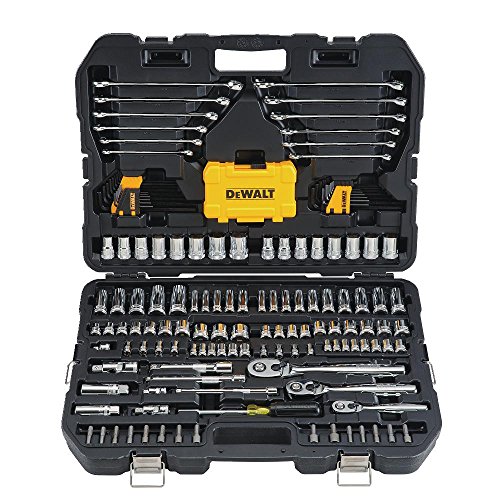mdoverl
Well-known member
I wasn't sure where to post this.
6 months ago I got rid of my 2007 Prius and got a 2019 Kia Forte.
I'm wanting to build out a Camper on a 4 x 8 trailer and pull that with the Forte which is rated for 900 pounds.
I don't have a trailer right now.
My main question, how would everyone build out a 4 x 8 Camper for everyday living? Seems that a lot of creativity will be needed due to limited space.
6 months ago I got rid of my 2007 Prius and got a 2019 Kia Forte.
I'm wanting to build out a Camper on a 4 x 8 trailer and pull that with the Forte which is rated for 900 pounds.
I don't have a trailer right now.
My main question, how would everyone build out a 4 x 8 Camper for everyday living? Seems that a lot of creativity will be needed due to limited space.










































































